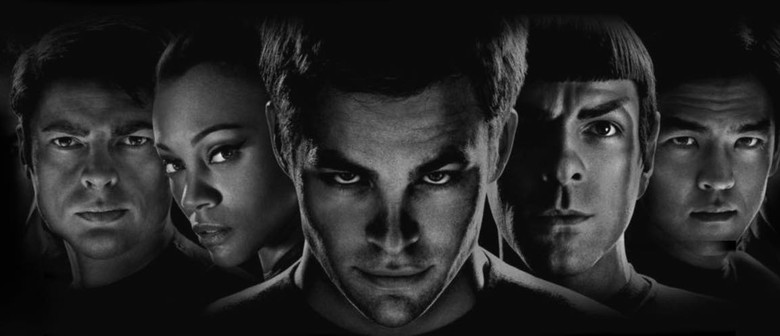Cryptopia: Bitcoin, Blockchains & the Future of the Internet
Online, VirtualTicket Information
-
Eventfinda tickets no longer on sale
Tour
Restrictions
Website
Listed by
Cryptopia: Bitcoin, Blockchains and the Future of the Internet
Directors: Torsten Hoffmann, Michael Watchulonis| 86 min | 2019 | Australia, Germany
Four years on from 'Bitcoin: The End of Money as We Know it', his first documentary about cryptocurrencies, award-winning filmmaker Torsten Hoffmann seeks answers about a technology which may define web 3.0.
Bitcoin has been called one of the most disruptive technologies of our times, threatening banks and governments by building an alternative and decentralized currency system.
It attracted a lot of media attention in 2017 when a bitcoin's value grew from less than $3,000 to over $20,000 in a few short months. It was hailed as the future of money and paraded as the perfectly anonymous currency of choice for all manner of illicit activity.
It turned out to be neither. Yet.
What followed was severe price volatility and the community facing a bitter internal ‘civil war’.
Those familiar with the crypto universe will recognise some of the big players contributing their opinions to the film – Ethereum co-founder Vitalik Buterin and Roger Ver (aka 'Bitcoin Jesus') in particular.
Like the price of gold, or oil, or Sky TV shares, the value of Bitcoin will continue to rise and fall. The Blockchain, however, is a neutral source of incorruptible information. Government agencies which flailed against it because of the anonymity it allowed failed to understand it. The real danger of Blockchain is its robustness, its independence, the fact that nothing it records is open to interpretation.
In some ways, it's a return to the very early days of computing, the binary system of ones and zeroes, on and offs yeses and nos.
Can this technology, designed to operate independent of trust and within a decentralised network, really provide a robust alternative to current methods of record-keeping? Can it – and the people behind it – be trusted to keep elections secure, prevent financial meltdowns and keep our private information safe?
Log in / Sign up
Continuing confirms your acceptance of our terms of service.






Post a comment